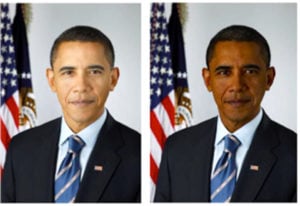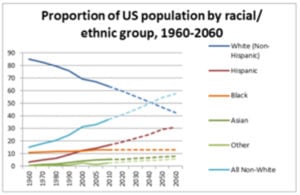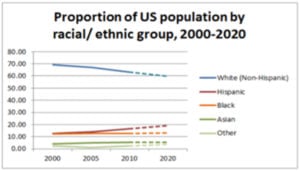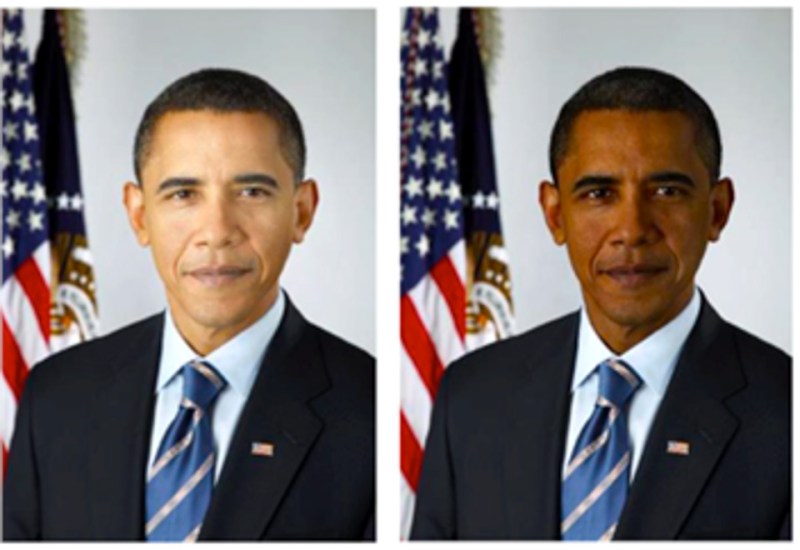
Seeking to understand the rise of the Tea Party soon after Barack Obama’s election as president, a team of researchers from Stanford, the University of Toronto and UC Berkeley has linked the rise of the conservative political group to resentment of change in America’s racial hierarchy.
Their research paper, “Threats to Racial Status Promote Tea Party Support Among White Americans,” is based on four years of surveys conducted from 2011-15.
“Across a series of experiments, we found consistent evidence that Tea Party support among white Americans is driven at least in part by feelings that the status of whiteness in America is under threat in some way,” said Robb Willer, professor in sociology at the Stanford Graduate School of Business and one of the three researchers behind the study.
According to the researchers, economic downturn amplifies this sense of threat.
“We think that the Great Recession was also important, because past work finds that economic downturns can exacerbate racial resentment by giving white Americans the sense that they have a shrinking piece of a pie that is itself shrinking,” Willer said.
The researchers conducted five separate surveys, each designed to address ideas that are thought to contribute to the Tea Party’s formation. The first study addressed the African-American heritage of President Obama; studies two, three and four addressed the growing social and economic prominence of minority groups; and study five focused on what survey respondents found most attractive in the Tea Party movement and its members.

In the first study, for example, 255 participants who identified as white were asked to complete a short celebrity identification test with images of Jay Leno, William Shatner and President Barack Obama. Participants were unaware that Obama’s skin color was artificially darkened or lightened. Willer was surprised to find that respondents who were randomly shown the so-called “Dark Obama” were 22 percent more likely to report that they supported the Tea Party.

The second study targeted the status of the white majority population by showing participants the evolution of U.S. racial demographics over time. Participants were shown, again at random, one of two figures: one that highlighted the rapid rise of minority groups and one that showed a constant division between minorities and the white majority. As the researchers expected, those who saw the former figure were more likely to report their support for the Tea Party, once again correlating Tea Party supporters with racial resentment.
According to Willer, his and his colleagues’ research focuses on establishing a causal link between racial animosity and the Tea Party’s emergence rather than addressing the degree of causation that racial animosity holds relative to multiple possible causes, a quality that other research methods would examine.
Willer noted that, while the Tea Party has influenced politics since its foundation in early 2009, he especially sees qualities of the group’s rise in the current presidential race and Donald Trump’s candidacy.
“It is surprising to see a major party candidate receive so much popular support despite a track record of controversial statements about various ethnic groups,” Willer said. “Trump’s candidacy pulls support from much of the same base that the Tea Party did, and there’s a good reason to think that the psychological course that is propelling Tea Party support also propels support to Trump’s candidacy.”
Contact Ricardo Peterson at rp3 ‘at’ stanford.edu.
